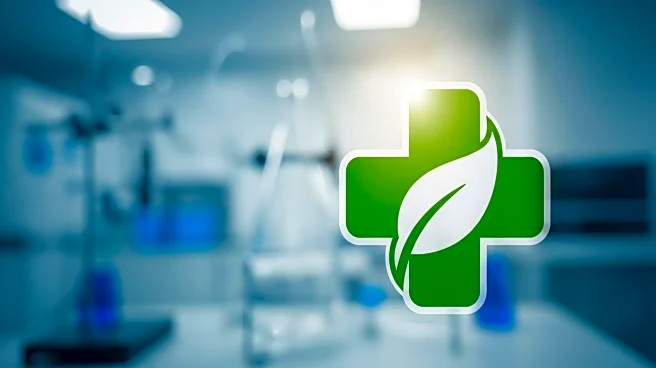What's Happening?
The Pesticides Manufacturers and Formulators Association of India (PMFAI) is advocating for tariff exemptions on medicinal, veterinary, and public health pesticides following the U.S.'s decision to impose a 50% tariff on agrochemical imports. This tariff, part of a reciprocal framework to address trade deficits, excludes pharmaceutical-grade pesticides due to their classification under agrochemical HS codes. PMFAI President Pradip Dave emphasizes the critical role of these products in global health and food security, urging policy intervention to protect supply chains.
Why It's Important?
The tariff increase poses significant risks to global health initiatives and food security, as India is a major supplier of essential agrochemicals. Products like Permethrin and Fipronil, vital for human and veterinary health, are at risk of becoming less accessible. Additionally, public health pesticides crucial for controlling diseases like malaria and dengue could face supply disruptions, impacting endemic regions. The tariff could also affect U.S. food security by limiting access to agriculturally important pesticides not widely produced domestically.
What's Next?
PMFAI is calling for bilateral negotiations with the U.S. to secure tariff exemptions for critical pesticides. They suggest reclassification of these products under pharmaceutical and veterinary categories within the HS code system. The association also recommends export rebates and enhancements under the RoDTEP scheme to maintain competitiveness. PMFAI stresses the need for compensatory relief to mitigate the impact on India's agrochemical sector.










